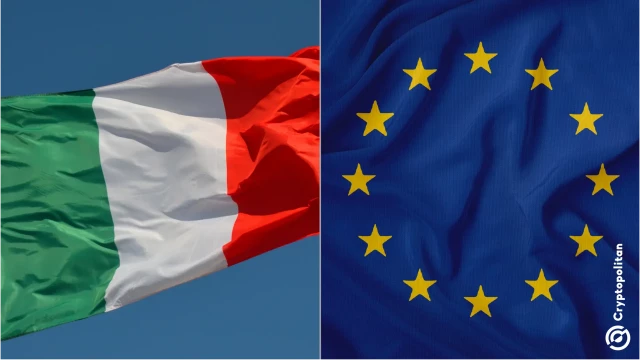
Finland Adopts Global Crypto-Asset Reporting Standards in 2026
📋 Article Summary
Related Articles

Kazakhstan Targets $500M–$1B National Crypto Fund
Kazakhstan announced plans to establish a national Cryptocurrency Reserve Fund valued between $500 million and $1 billion.

Italy backs the digital euro but asks ECB to spread out high implementation costs
Italy's banking sector has expressed strong support for the European Central Bank's (ECB) proposed digital euro project, something it sees as a vital step to retain Europe's digital sovereignty and reduce dependence on non-European payment providers like U.S.-based card networks and stablecoins.

Since Trump's Election, Crypto Has Experienced a Wild Year-long Ride
WASHINGTON, D.C. — Donald Trump was elected president again one year ago this week, though some of the crypto industry's lobbyists quietly say they feel like they've aged many years in this tumultuous 12 months, which saw a range of lofty highs and deep frustrations in the young sector's hunt for U.S. policies.

Japan's Top Financial Watchdog Endorses Joint Stablecoin Pilot By Country's Three Largest Banks
Japan's financial regulator, the FSA, has officially announced its support for a stablecoin pilot involving the country's three largest banks.

Hong Kong's FinTech sector triples in a decade as government pivots to AI and tokenized assets
The Director of the Financial Services and the Treasury Bureau, Xu Zhengyu, believes that AI, blockchain and tokenization are the future of Hong Kong's fintech industry, as the Chinese special administrative region (SAR) celebrates a decade of steady growth in its FinTech ecosystem.

Will the U.S. Government Shutdown Finally End This Month As Key Crypto Policies Face Delays
The U.S. government shutdown has now become the longest in the country's history, continuing for over a month. A budget dispute triggered the shutdown, halting federal operations and disrupting sectors like healthcare and the crypto sector.